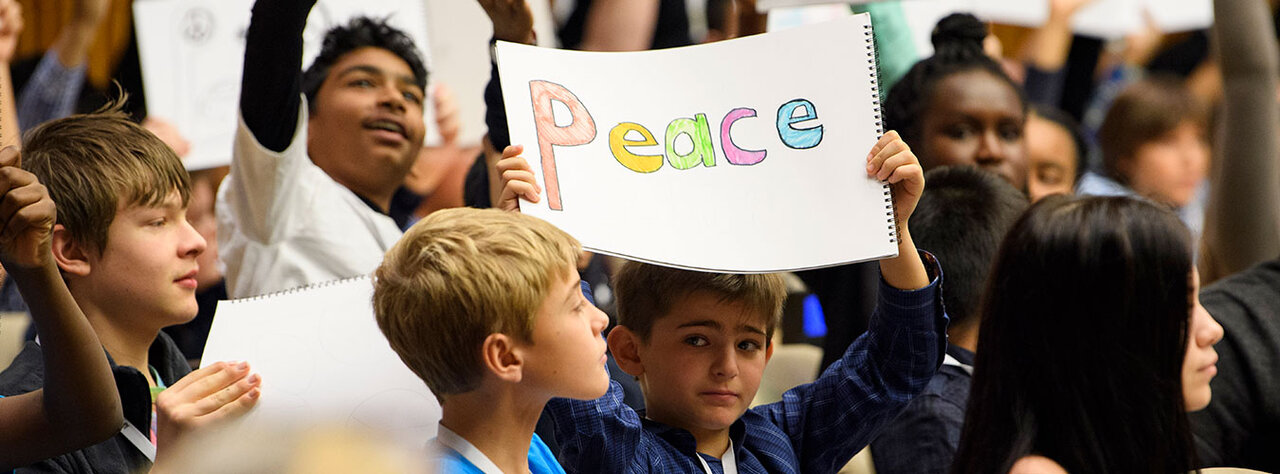For every right, every child

TEHRAN –This year’s theme of ‘World Children’s Day’ is dedicated to recognizing the rights of all children regardless of their backgrounds.
Being celebrated annually on November 20, the Day’s goal is to raise awareness around children's rights and improve their welfare worldwide.
This significant occasion marks the anniversary of two landmark documents that enshrined the fundamental rights of children globally – the Declaration of the Rights of the Child, adopted in 1959, and the Convention on the Rights of the Child, ratified in 1989.
The day serves as an important reminder of children's rights. Concerning this year's theme ‘For every child, every right’, the United Nations has considered these 3 main axes for children: Peace for all children; A habitable planet for all children; All children's voices are heard.
Some 2.3 billion children live in the world, they comprise a third of the human society, but this large number of populations have witnessed the worst violations of human rights.
In most countries of the world, a child is someone who is under 18 years of age. Regardless of their age, they have the same human rights as adults, which include the right to freedom and expression of opinion, as well as the right to equality, health, education, a healthy and safe environment to live in, and protection from any kind of harm.
Children are known as a part of human societies. Although they are not usually taken that seriously, they are the future of humanity, they are already one of its main pillars.
Despite global statements on respecting children's rights, their rights are violated. For instance, some 300 million children around the world do not have birth certificates and cannot exercise their legal rights. More than 61 million children cannot attend primary schools worldwide.
It is estimated that 150 million girls and 73 million boys are sexually assaulted every year. In some countries, young girls, sometimes as young as 9 years old, are forced to marry.
About 330,000 children live in detention centers for immigrants in 80 countries of the world.
In 2019, 1 in 6 children lived in absolute poverty. In 2020, more than 820 million children in schools did not have access to hand-washing facilities, which was a clear violation of their right to health.
These are all examples of violations of children's rights. The United Nations hopes to finally eliminate these shocking issues by raising awareness of children's basic rights.
Hearing children's voices and involving them in decisions that affect their lives is the first step. It can be started from families and spread to society.
We can start changing the future for the benefit of children. It is our responsibility to create a brighter future for them.
Mothers and fathers, teachers, nurses and doctors, government leaders and civil society activists, religious and community elders, corporate moguls and media professionals, as well as young people and children themselves, can play an important part in making World Children's Day relevant for their societies, communities, and nations.
World Children's Day offers each of us an inspirational entry point to advocate, promote, and celebrate children's rights.
MT/ MG
